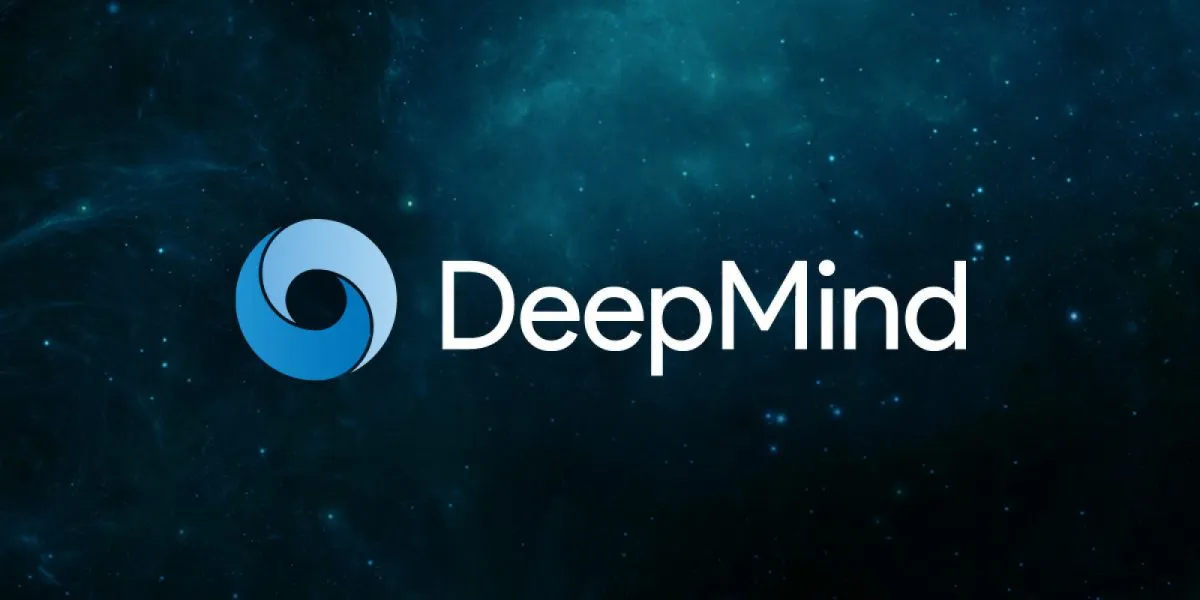DeepMind AI Breakthrough

DeepMind, a subsidiary under the Alphabet umbrella, has made a significant leap in material science by leveraging artificial intelligence (AI) to forecast structures for over 2 million novel materials. This breakthrough, outlined in a recently published Nature journal paper, holds the potential to elevate various real-world technologies. Notably, nearly 400,000 of these conceptual material designs could soon transition from theoretical to tangible in laboratory conditions.
Implications for Technology Enhancement

The implications of this advancement extend to the enhancement of batteries, solar panels, and computer chips. Traditional methods for discovering and synthesizing new materials have been both resource-intensive and time-consuming. For instance, the path to commercial viability for lithium-ion batteries, now pervasive in devices like phones, laptops, and electric vehicles, spanned approximately two decades of dedicated research.
Ekin Dogus Cubuk, a research scientist at DeepMind, expresses optimism regarding the potential to compress the customary 10 to 20-year development timeline through progress in experimentation, autonomous synthesis, and machine learning models.
The training ground for DeepMind’s AI involved data from the Materials Project, an international research consortium founded at the Lawrence Berkeley National Laboratory in 2011. This comprehensive dataset encapsulated information on around 50,000 already-established materials. A noteworthy commitment from DeepMind involves sharing this data with the broader research community, signaling an intent to catalyze accelerated breakthroughs in material discovery.
Industry Caution and Breakthrough Aspirations

Kristin Persson, director of the Materials Project, notes the industry’s tendency towards caution in the face of potential cost increases. Adopting new materials typically demands time before they become economically feasible. The prospect of shortening this timeline is regarded as a significant breakthrough.
Having utilized AI to predict the stability of these groundbreaking materials, DeepMind now shifts its focus towards predicting the ease with which they can be synthesized in laboratory settings. This multifaceted approach underscores the potential for transformative developments in material science.
Read More (AI)








